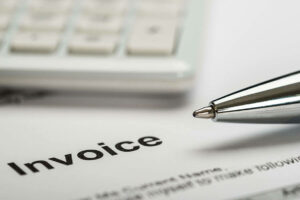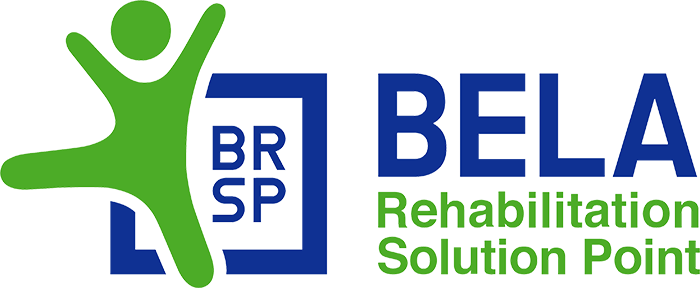
This software helps streamline bookkeeping and accounting tasks like invoicing, accounts payable and receivables, financial reporting, and everything you need for accurate and orderly financial books. Accounting software automates these time-consuming tasks and minimizes critical errors. Cloud-based accounting software provides secure access to accounting functions online from any device with an internet connection, without the expense of on-premises accounting solutions. It’s important to note that SaaS is just one type of cloud accounting software. With a multi-tenant SaaS cloud accounting solution, multiple companies share the same infrastructure on the public cloud.
- They include accounting automation, data security, accurate and timely financial results, less administration, and customization.
- Cloud accounting platforms enable businesses to automate various financial tasks, such as invoice generation, payment processing, and reconciliation.
- Cloud accounting solutions extend accessibility to employees in different departments, remote locations, or branch offices, enabling them to access the same data and software version.
- Small businesses often experience growing pains, which makes choosing software with future growth in mind a priority for many.
- You can reduce the chances of data breaches and manipulation with cloud accounting services.
These features streamline various accounting tasks, such as payment processing, billing, and account receivable management, optimizing the overall financial workflow and saving time for the finance department. The same way you don’t want strangers accessing your pictures or your Google documents, unauthorized users in your accounting software is even more disheartening, and even dangerous. Login credentials for your cloud accounting software enable only designated people to view and access your financial information. With a cloud-based accounting software program, you can immediately import the data from your paperwork into the cloud.
Why cloud accounting is good for business
In addition, you can add a credit to a customer’s account, make an adjustment to an account, or access the accounts receivable aging report, which provides you with an overview of all customer account balances. The accounts receivable report can be run for a single customer or all customers and is broken down into specific aging periods. Once you enter an invoice, you can save and email the invoice directly to your customer, or print and mail the invoice if you desire. Everyone knows good accounts receivable management starts with solid invoicing capability. You can easily create a custom invoice in Sage Business Cloud Accounting, choosing invoice preferences before an invoice is ever created.
- You can find multiple differences between traditional and cloud accounting.
- Features like recurring invoices, automated payment reminders and online payments make it easy for clients to pay how they like.
- Checking audit trials is easier with traditional accounting based on user logins.
- If you’re working with clients, accountants or other advisers, you can easily grant access to your accounts with cloud based accounting software.
Traditional accounting is susceptible to more hardware-related security breaches; the IT unit of your business will have to be responsible for protecting your data. To understand the true cloud accounting meaning, we will have to split the term “cloud accounting” cloud accounting into two separate words and bring them back together. By moving your company’s accounting needs to the cloud, you get the following benefits. Cloud accounting is the practice of using an accounting system that’s accessed through the internet.
Origins of ERP
That means that you can pull live cash flow information from your bank data straight into your accounts and vice versa. Most cloud accounting platforms offer you the ability to link your bank accounts directly with your accounting. By consistently updating your bookkeeping and account information, you can get real-time reporting functionality from cloud accounting software. Any data that can be stored on a computer can be stored in a cloud accounting application.
For example, using cloud software, if your laptop is stolen, no one can access your data unless they have a login to the online account. With cloud software, your data lives online on secure servers – as opposed to on your hard drive. Small business accounting software that’s not available via the cloud can be tedious.
